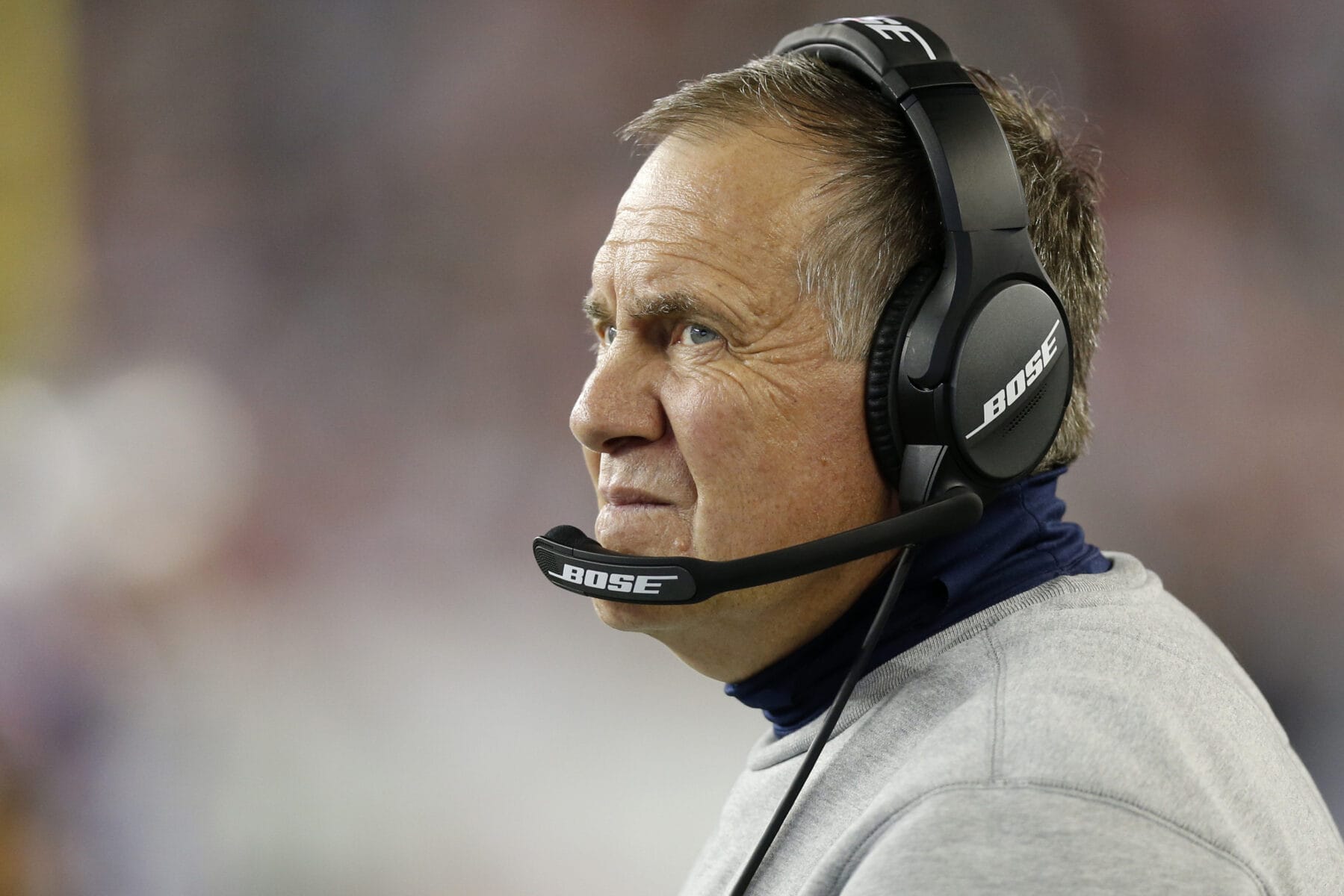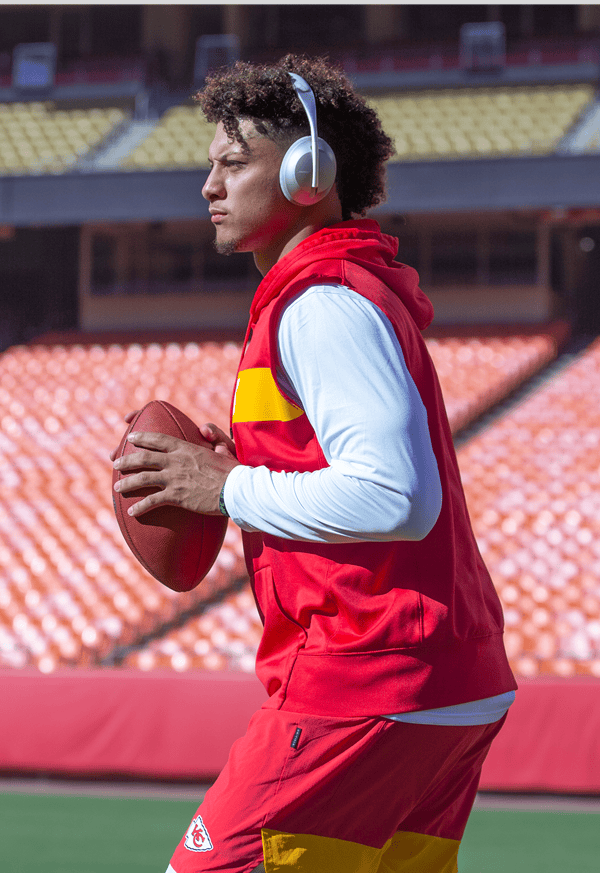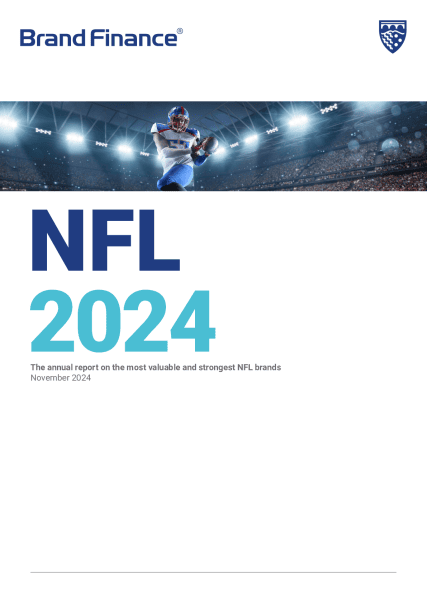This article was originally published in the Brand Finance NFL 32 2024 Report
Navigating NFL partnerships is no small feat, and sponsors often ask key questions before diving into this powerhouse platform. Brand Finance recently spoke with Ali Gallagher, Vice President of CAA Brand Consulting, to get insights on top considerations.

Vice President,
CAA Brand Consulting
As experts in navigating sports partnerships, what are the key questions sponsors ask when hoping to work with the NFL?
The NFL is such a behemoth of a property and with that comes a big price tag so there is a barrier to entry for some brands. One of the first questions we will get is, “what are we getting in return?” If it is an awareness play, there is no better property in the US. Last year, 93 out of the top 100 watched live events on broadcast were NFL games - other sports don’t even come close to that footprint.
Another question we get is, “where in the NFL eco-system should I be looking?” If it isn’t a league deal, maybe it is a team approach. You can also activate a local approach in a market which is important to you. Take Ford, they are famously Detroit-based, with the Lions playing on the Ford Field. The league can work with other car sponsors, but Ford owns that market.
We also get asked “where can it help us in the marketing funnel?”. The responsibility falls on the brand to use the IP in the right way and on us to help them manage that. In the past we’ve seen brands not leave enough in the budget to activate their partnership appropriately. A brand should allocate enough investment to promote it across all channels—from product packaging, in-store displays, ambassador partnerships to media.
How does a team's performance impact sponsorship success, especially if a major team stops winning after a brand signs on?
As a Patriots fan, I’ve lived through years of Super Bowl wins and recent struggles, so I’ve seen the impact firsthand. For top-tier franchises like the Dallas Cowboys, sponsorship value remains strong regardless of on-field performance—they consistently rank highly because their brand is so well-established.

Teams like the Yankees or Manchester United are similar; their brand power transcends wins and losses. However, for teams with less of a legacy, sponsorship success can fluctuate more depending on their performance. A good example is the Bucs—when Tom Brady was on the team, sponsorship interest and financials surged.

When sponsors consider team deals, how important is it to align with the team's identity, rather than focusing solely on media exposure?
It really depends on the brand’s goals. If business-to business hosting is important, and there are five teams that offer key experiences in critical markets, you might take a five-team approach. For example, for a company like SoFi with their stadium sponsorship in LA, it’s vital for them to have team deals with both the Rams and Chargers to bring their naming rights to life.
It’s all about whether the brand is trying to build awareness, consideration, or conversion. If it’s a brand deeply rooted in one market, it could backfire to sponsor outside that region. Usually, though, it’s about matching the team’s assets with what the brand wants to achieve.
How do you leverage talent to launch partnerships, and how has your approach evolved over the years?
I’ve been at CAA for 12 years, and when I started, we were only beginning to grasp the power of talent. Now, it's often the primary channel driving the entire ecosystem. Talent brings brand activations to life by humanizing them.
For example, when we worked with Bose and Patrick Mahomes, the moment he walked out wearing the headphones, people noticed and thought, ‘If it’s good enough for him, it must be good enough for me.’
There’s also a growing trend of leveraging non-player influencers, like Allison Kuch, who gained a following by offering behind-the-scenes insights into her husband's life in the NFL. Brands are now tapping into her influence to connect with more casual fans. Talent endorsements have become a huge part of fan engagement, especially in events like the Super Bowl, where it feels like 90% of the buzz is driven by celebrity endorsements.

